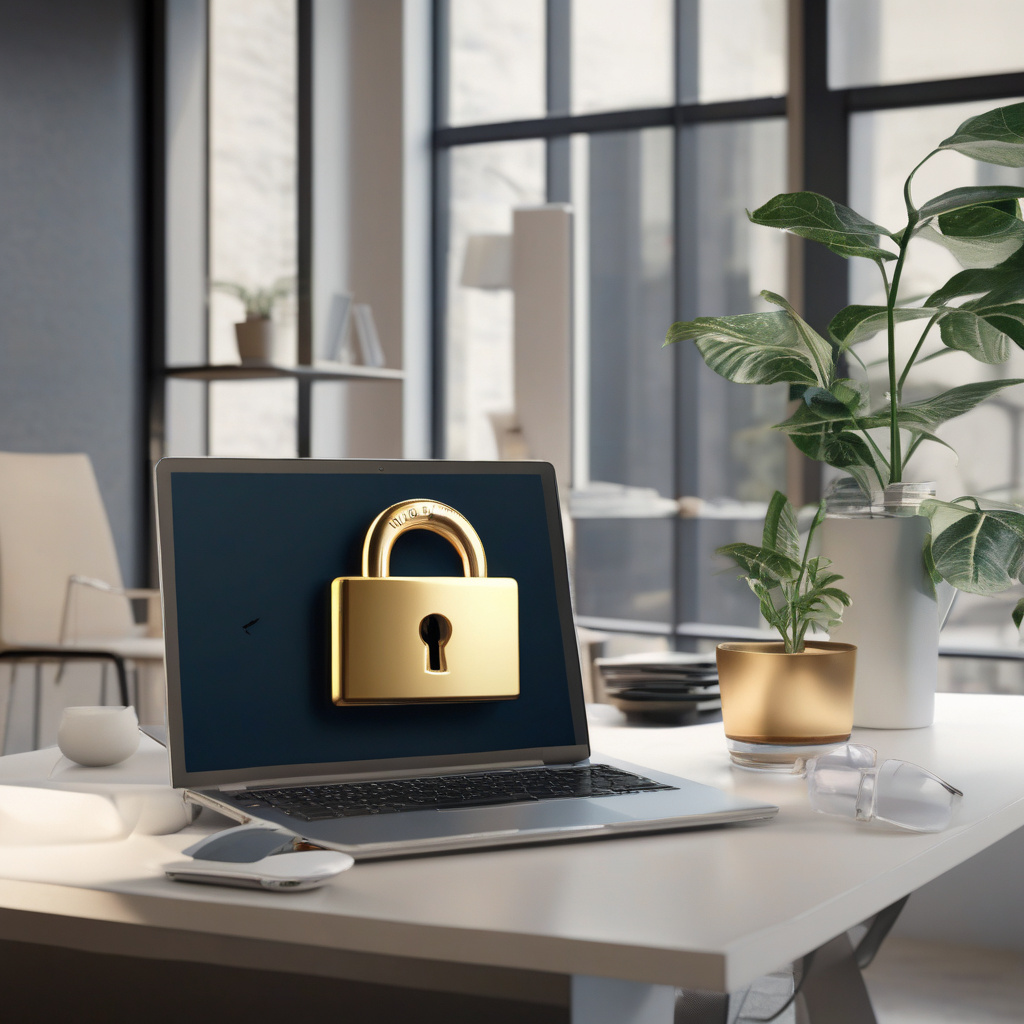In today’s digital age, where cybercrimes are on the rise, safeguarding your financial information is paramount. One of the most effective tools in your cybersecurity arsenal is a Virtual Private Network (VPN). By encrypting your internet connection and providing a secure tunnel for your data to travel through, a VPN offers crucial protection when conducting online banking and financial transactions.
When you access your bank account or make a payment online, sensitive information such as your login credentials, account numbers, and personal details are transmitted over the internet. Without proper protection, this data is vulnerable to interception by cybercriminals. By using a VPN, you create a secure connection to the banking website or financial institution, ensuring that your data remains encrypted and inaccessible to prying eyes.
Moreover, a VPN adds an extra layer of security by masking your IP address. This means that your online activity is anonymized, making it harder for hackers to track your movements or target you with phishing scams. By hiding your IP address and encrypting your data, a VPN minimizes the risk of identity theft and financial fraud, providing peace of mind when managing your finances online.
In addition to protecting your sensitive information, a VPN also safeguards your online privacy. Internet service providers (ISPs), government agencies, or even malicious third parties may try to monitor your online activities. With a VPN, your traffic is encrypted, preventing anyone from eavesdropping on your browsing habits, including your financial transactions. This ensures that your privacy remains intact, even as you navigate the digital landscape.
Furthermore, a VPN allows you to bypass geo-restrictions that some financial services may impose. Whether you’re traveling abroad or accessing your accounts from a different location, a VPN can help you connect to your financial institutions as if you were logging in from your home country. This flexibility is especially useful for frequent travelers or individuals who need to access their accounts while abroad without compromising security.
In conclusion, the importance of using a VPN for online banking and financial transactions cannot be overstated. With the increasing prevalence of cybercrimes targeting financial data, protecting yourself with a VPN is a proactive step towards securing your sensitive information. By encrypting your connection, hiding your IP address, ensuring online privacy, and bypassing geo-restrictions, a VPN offers comprehensive security and peace of mind in an ever-evolving digital landscape.
So, next time you log in to check your bank balance or make an online payment, remember to activate your VPN for an extra layer of protection. Stay secure, stay private, and stay one step ahead of cyber threats with a reliable Virtual Private Network.
For further insights on why a VPN is essential for online banking and financial transactions, you can check out the article “Why A VPN Is Essential For Online Banking And Financial Transactions” on TechRound.

